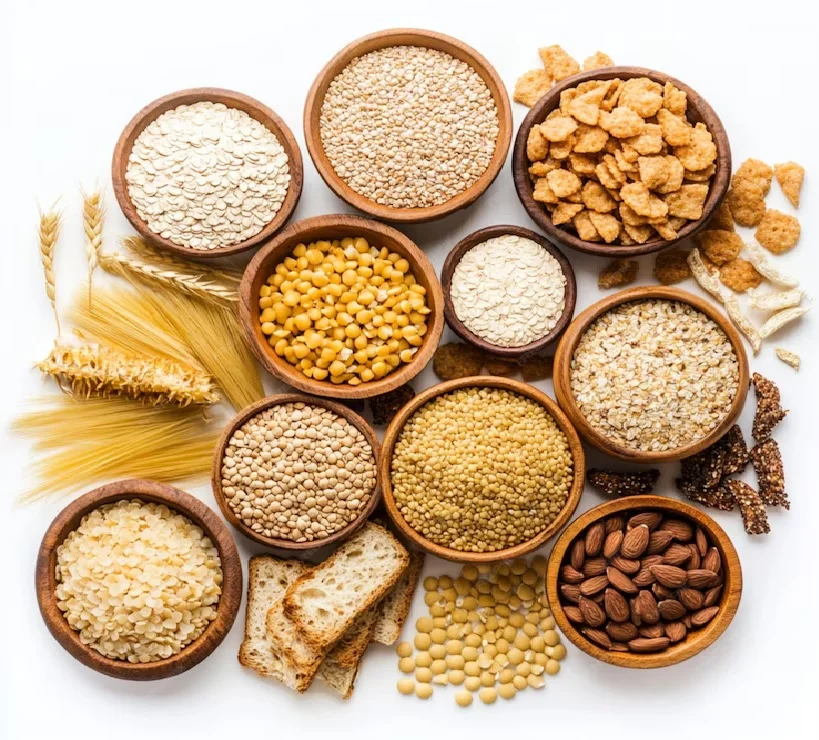Sunday, 1 February 2026

Image Source: Igrain Posts
In a momentous celebration of the International Year of Cooperatives 2025, Union Home Minister and Minister of Cooperation Amit Shah addressed the ‘Sahkar & Rojgar Utsav’ in Jaipur, Rajasthan, marking a high-impact convergence of employment, agricultural transformation, and cooperative reform. Over 8,000 appointment letters were distributed to youth from across the state, alongside the virtual inauguration of 24 grain storage warehouses and 64 millet outlets—positioning Rajasthan at the epicentre of India’s resurgent cooperative economy.
Since its formation in 2021, the Union Ministry of Cooperation—an institutional innovation led by Prime Minister Narendra Modi—has undertaken 61 structural initiatives to bolster cooperative governance, grassroots participation, and rural prosperity. From Minimum Support Price (MSP) guarantees for pulses and oilseeds through NAFED and NCCF platforms to the launch of online registration for Primary Dairy Cooperative Societies, the Ministry is reshaping how India’s farmers, self-help groups, and village-level institutions engage with markets and credit.
Rajasthan, as Minister Shah emphasised, is already emerging as a leader in this transformation. With top national rankings in the production of cluster beans, mustard, bajra, oilseeds, and millets, the state’s agricultural contribution is unparalleled. Shah also underscored the Centre’s support for camel breed conservation and the scientific valorisation of camel milk, underlining how cooperatives are now facilitating research-driven value chains.
As part of the celebrations, Rs 12 crore in loans were disbursed under the Gopal Credit Card scheme to 1,400 cowherds, and micro-ATMs were distributed to over 2,300 milk producer societies—laying the groundwork for a tech-enabled, financially inclusive rural economy. Minister Shah also released a compilation of success stories under the Pandit Deendayal Upadhyay Gareebi Mukt Gram Abhiyan and flagged off 100 new vehicles for the Rajasthan Police, reinforcing the multidimensional development focus of the government.
Calling it “White Revolution 2.0,” Shah announced the full digitisation and model bylaw adoption of PACS (Primary Agricultural Credit Societies) across India, with 40,000 new PACS formed and a target of 2 lakh. Cooperatives today, he noted, contribute to 20 per cent of India’s grain procurement, 35 per cent of fertiliser distribution, 30 per cent of sugar production, and operate over 20 per cent of ration shops—connecting 31 crore citizens through 8.5 lakh societies.
In a nod to Rajasthan’s historic role in national defence and rural pride, Shah evoked the legacies of Maharana Pratap, Durgadas Rathore, and Param Vir Chakra awardee Nirmal Singh Sekhon, asserting that cooperative strength is the new frontier of national strength.
With an eye on India@2047, Minister Shah concluded that Rajasthan is poised to become the number one cooperative state by the time the country celebrates its centenary of independence. With active coordination between the Government of India and the Rajasthan state government, the cooperative movement—rooted in tradition yet wired for technology—is being reimagined as India’s most potent force for economic democracy and inclusive growth.